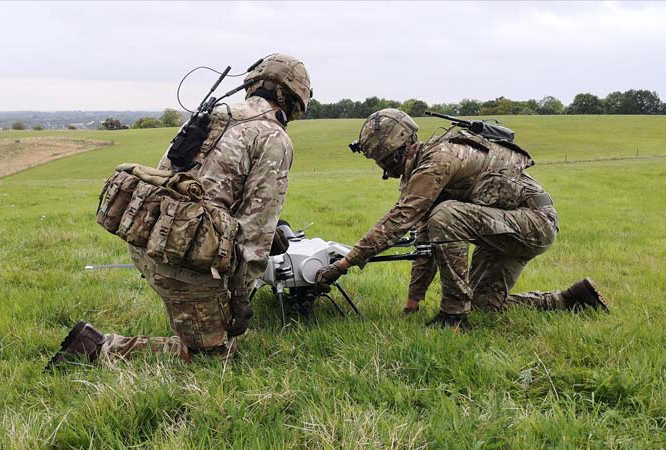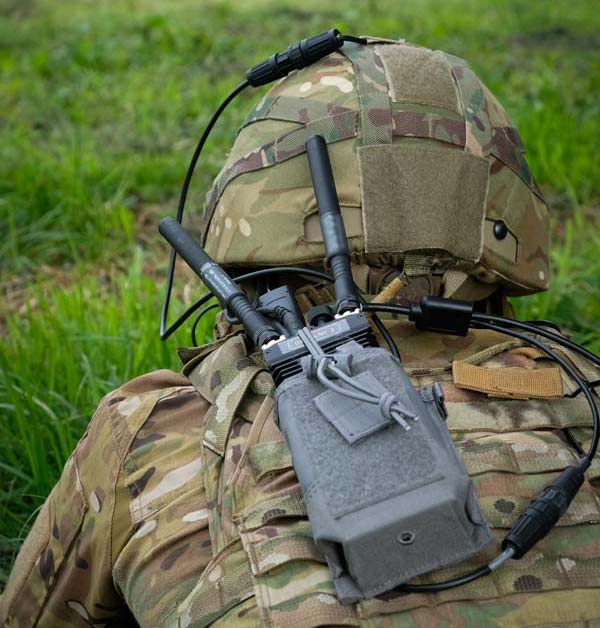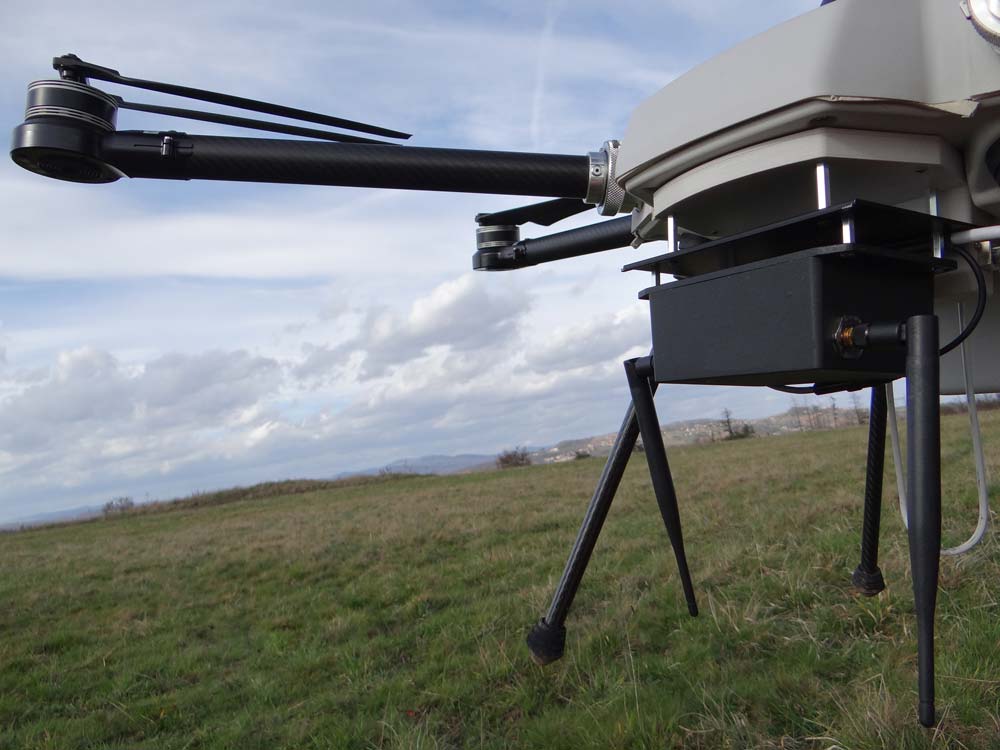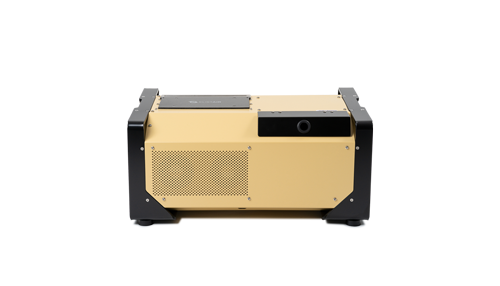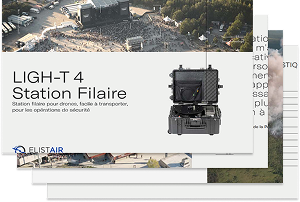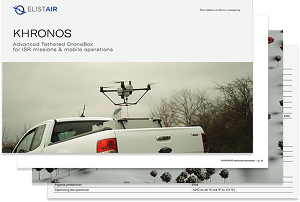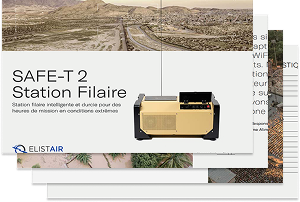Tactical Communications
Increase the range and connectivity of your tactical communication network by using our persistent tethered drone solution as a Variable Height Antenna.
Benefits of Tactical Communications
[Webinar] How to deploy a temporary 200km wide and secured communication network?
Hosted by

Espen Helgheim Hagen
Northcom experts explain how they created a 200km wide network for the Norwegian Army, using the Orion HL Tethered Drone and their Radionor Tactical Relay. Watch this replay and discover how tethered drones can integrate different tactical communications payloads and for what use cases.
Get the replay
You'll receive it by email
Tactical Communication Equipment by Elistair
Deploy your drone for military communication missions using a 100-metre tether to overcome line of sight limitations in a tactical communication network. Our tethered drone systems can act as an automated and discrete aerial antenna that quickly extends a network and improves tactical communication in the army between units while saving on weight, size and costs of a traditional mast.
“Raising the node above trees, buildings, and vehicles will greatly enhance a high-gain antenna’s line of sight properties. Clear line of sight is vital.”
Areas of Application: Military Communication
Defense
Tactical radios are used by the armed forces, particularly NATO, for instance as part of internal communications tactics. These radios play a crucial role in various tactical operations, ensuring seamless coordination among military units.
These radios operate within a certain frequency range or with a standardised operating system. The secure and encrypted communication channels provided by these radios are vital for maintaining operational security and achieving mission objectives, underscoring their importance in modern military strategy.
Defense
Tactical radios are used by the armed forces, particularly NATO, for instance as part of internal communications tactics. These radios play a crucial role in various tactical operations, ensuring seamless coordination among military units.
These radios operate within a certain frequency range or with a standardised operating system. The secure and encrypted communication channels provided by these radios are vital for maintaining operational security and achieving mission objectives, underscoring their importance in modern military strategy.
Civil
These radios can also be applied to projects within private organizations, showcasing their versatility beyond military use.
For example, a 4G LTE module can be integrated into a drone, with the antenna serving as a temporary 4G relay. This setup can provide enhanced communication capabilities in remote or underserved areas, enabling better connectivity for various applications such as disaster response, remote site monitoring, and large-scale events. By leveraging the advanced features of tactical radios, private organizations can achieve reliable and efficient communication solutions tailored to their specific needs and operational environments.
Civil
These radios can also be applied to projects within private organizations, showcasing their versatility beyond military use.
For example, a 4G LTE module can be integrated into a drone, with the antenna serving as a temporary 4G relay. This setup can provide enhanced communication capabilities in remote or underserved areas, enabling better connectivity for various applications such as disaster response, remote site monitoring, and large-scale events. By leveraging the advanced features of tactical radios, private organizations can achieve reliable and efficient communication solutions tailored to their specific needs and operational environments.
Recommended Drone Solutions for Tactical Communication
SAFE-T 2
Compatible with commercially available drones and payloads, the SAFE-T 2 offers fibre optics, 4G, Wi-Fi.
Unlimited power
100m
TACTICAL COMMS DRONES
Elistair collaborates with drone constructors to provide solutions capable of carrying heavy and diverse communication payloads.

FAQ
What are the primary challenges faced in ensuring secure tactical communications?
Adversarial forces may attempt to intercept, disrupt, or jam communication channels to gain a tactical advantage. Electronic warfare tactics, such as jamming or spoofing, pose significant challenges to maintaining reliable communication links on the battlefield.
Additionally, ensuring secure communication while on the move requires a flexible tactical communication system that can seamlessly transition between different modes and frequencies without interruption.
What factors should be considered when buying a drone for mobile tactical communication purposes?
When buying a drone for tactical communication applications, factors such as range, endurance, payload capacity, and compatibility with existing communication systems are crucial considerations.
Additionally, assessing the drone’s ability to operate in diverse environmental conditions with discretion and its level of integration with any tactical communication network is essential for ensuring effective performance in the field.
Are Elistair’s solutions (UAV) compatible with all types of radios used by the armed forces?
Radios used by the armed forces (NATO) are highly restrictive in terms of frequencies. Elistair’s high-quality solutions are agnostic and compatible with the most common radios in the tactical communications market, including Sylvus, DTTC, Harris, Thales, and Persistant Systems





